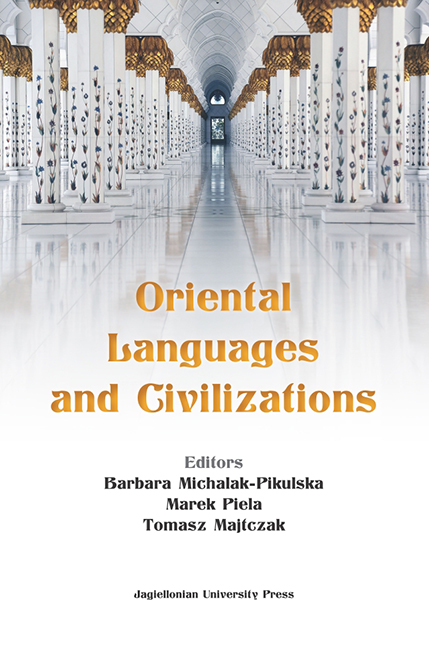Concepts of xin 信 and cheng 誠 in early Confuciantexts
Published online by Cambridge University Press: 06 November 2021
Summary
Abstract
The subject of the article is analyzing and comparingthe meaning of two important concepts mentioned inFour Books – xin 信 andcheng 誠. While inConfucius’ Analects(Lunyu 論語), Mengzi 孟子, and in Da Xue 大學, both xin and cheng are linked to human character andself-development, in ZhongYong 中庸 cheng denotes both – a way of sky/heaventian and earth tocreate, nourish and transform all things, but –limited to the capacity of human body – moralintegrity, hence the translation “integralwholeness.”
Keywords: early Confucian ethics, Four Books, xin 信, cheng 誠, trustworthiness, integralWholeness
Early Confucian philosophy mainly examined the conceptsof humanism and humanity. A relationship betweencognitive subject and its objects, between knowledgeand practice, between learning and speculation, butalso between words and their meaning, understandingand enlightenment, and cultivation of the cognitivesubject were important fields of philosophicalstudies (Xu, & Huang, 2008, p. 40). Concepts ofxin and cheng seem to connect manyfrom the fields mentioned above as both areperceived as crucial features of the cognitivesubject. The focus of caring about one's moralbehavior and self-development depends on extendingand realization of original tian-endowed nature and balancing itproperly with the psychophysical nature (Lai, 2006,p. 17). This means controlling emotions andattitudes that separate humans from theiroriginaltian-endowed nature and extend morallyproper capacities – moral emotions and reason, aswell as will. There is an underlying agreement inearly Confucian texts that human nature tends to begood as long as it does not encounter any obstacles.If humans want to cultivate or extend tian-endowed nature theymust be true to their original nature and practiceit. Therefore the importance of two concepts:xin – usuallytranslated as “trust, trustworthiness” (Lau), “beingtrue to one's word” (Waley), “making good one'sword” (Ames and Rosemont) and cheng, usually translated as “being trueto oneself,” “genuineness,” and “integralwholeness.” Another reason I put those two notionstogether is also the explanation provided by Shuowen Jiezi 說文解字 sayingthat xin and cheng have a very similarmeaning (信:誠也 . 誠:信也。).
- Type
- Chapter
- Information
- Oriental Languages and Civilizations , pp. 317 - 326Publisher: Jagiellonian University PressPrint publication year: 2022



